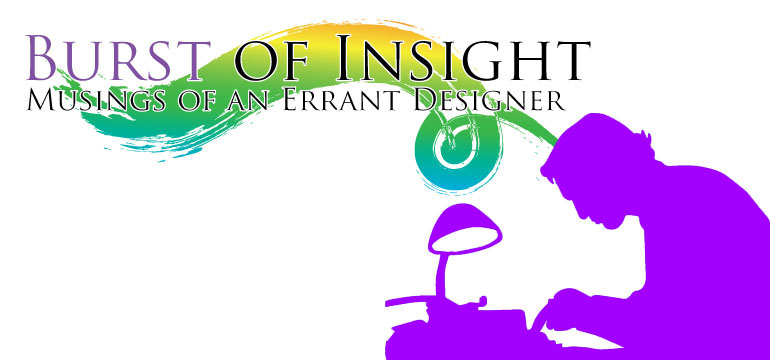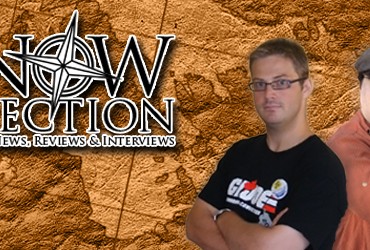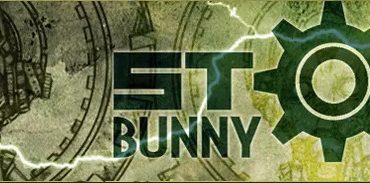We’ve talked about creating backgrounds even touched on a few unusual background concepts, this week I’d like to discuss rewarding players for creating effective backgrounds by letting them bring their backgrounds into the action.
Assuming your players have turned in backgrounds of some sort, there are a number of simple tricks you can use to insert those stories take an important place in the narrative of your campaign. Rivals and old allies can be incorporated into the current storyline by switching out NPC names and tweaking the NPCs backstory to closer match the PC’s background. This works with both homebrew or published campaigns equally well. Another option is to mirror a scenario from a character’s background. If they had a problem with a bully as a child maybe the same bully or someone using similar tactics is muscling in on an ally of the PCs. Just read through the background select a few choice tidbits that appeal to you or you think will appeal to the players and work those bits into your current adventures.
These are simple tricks that are probably already part of most GMs arsenals.
Today let’s consider inspiration from outside of the Pathfinder rules.
The Cypher System from Monte Cook Games uses experience points not only as a way to advance your character but also as another resource pool. Among several other uses, Cypher System games allow players to spend XP to gain temporary benefits. We can borrow this concept and tie it directly to the Hero Point optional rules. Now, it should come as no surprise to anyone who’s been reading this blog that I like hero points and action points. Using action or hero points in your campaign increases player agency which often draws players deeper into the action of the campaign and with a little narrative adjudication we can also use hero points to expand player’s backgrounds.
If you allow your players to spend a hero point on a short-term benefit tied to their background the benefit should be directly tied to a known facet of the character’s background (even if only in passing). The benefits gained in this manner should rarely last beyond the end of the session. It is most satisfying if the players take this opportunity to share a little story as to why this benefit takes effect.
For example, Brian’s rogue was raised by a band of thieves in Westcrown and now the PC’s are burglarizing a notorious official’s home for clues. Brian may spend a hero point and ask the GM if perhaps he and his tutor might have broken into houses with locks by the same locksmith and maybe he remembers a trick to opening these locks. Now Brian’s character gains a +2 competence bonus picking locks but only the locks in this official’s home. “These are Gunderson locks and it just so happens I know a trick or two.”….Click.
You could also extend this to short-term social interactions. Let’s say, the GM has introduced a plot where a rival of Mindy’s fighter is terrorizing the old neighborhood where they both grew up. Mindy asks the GM (since he’s familiar with the rival) if she could spend an action point to gain a +2 competence bonus on Intimidate checks made against that particular rival for the rest of the session. The GM agrees, and now ideally, Mindy would share a story in-character with the other players that would illustrate this connection but it isn’t required.
This system works with both hero and action points but if you’re using the push-pull destiny point system from a previous post [here] the GM could use it impose a penalty on the character related to their background, “Didn’t Gunderson locks always give you a little trouble?”
Effective character backgrounds increase player investment at the table and should be rewarded and encouraged either through traditional bonus XP, increased player agency as we discussed today or some other method that works for your table. And whether it’s the GM or the players bringing a group’s diverse backstories into the game enriches the story and the role-playing opportunities.







So kind of like Leverage’s Elliot – “I dated a ____ once.” He is spening points to get boosts on random things
Exactly like that.
Great article. I’ve been thinking about this topic for a while now, and this was helpful. 🙂
Thanks for reading, I’m glad you found it useful.